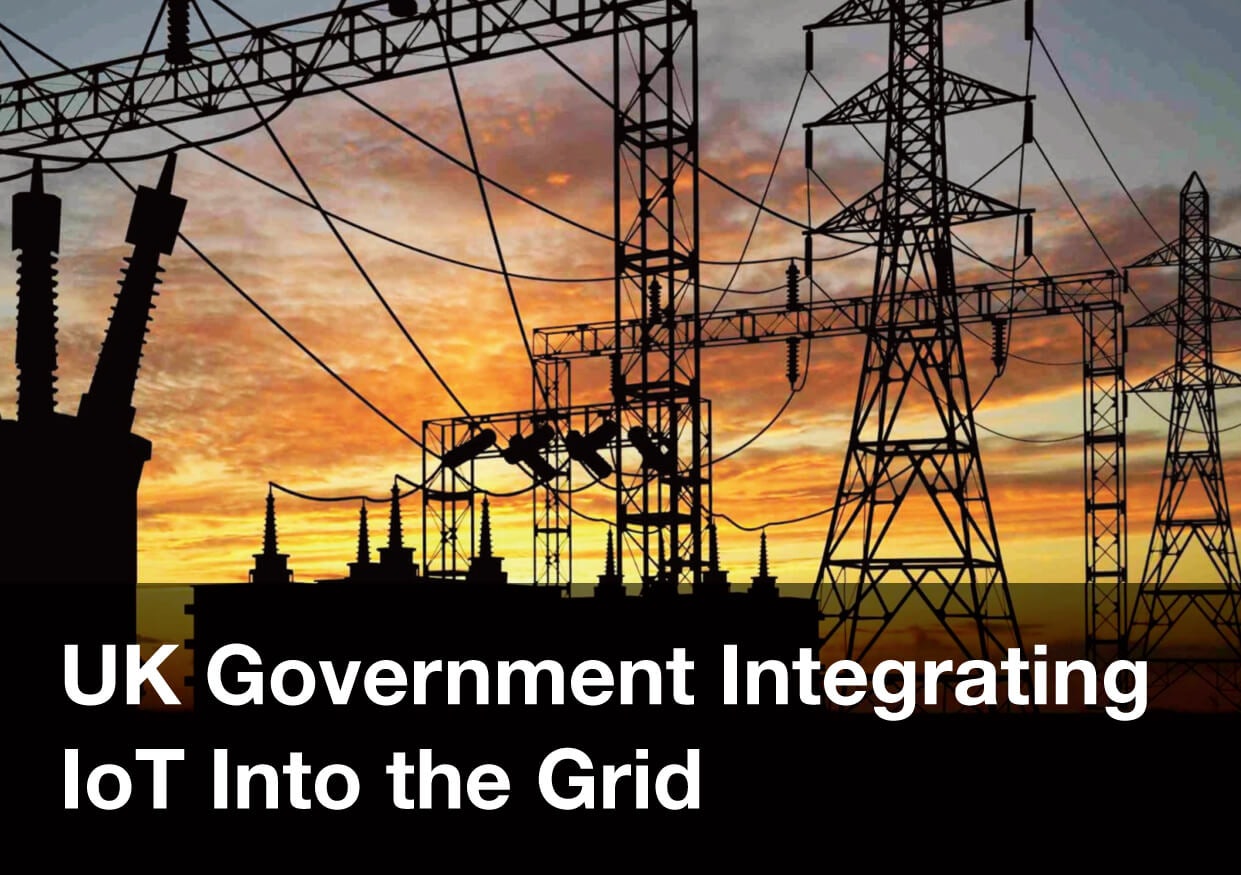UK Government Integrating IoT Into the Grid
As a company with many partners and contacts from a wide range of sectors, we have often stressed the importance of forming relationships with all types of producers, distributors and customers.
Working together with the government, however, is a push and pull of policies, regulations and law, which makes every collaboration special and unique. Very recently the UK government announced its plans to integrate IoT devices with the grid.
The reasoning behind the initiative is to provide a better energy experience for consumers: by connecting smart IoT devices to the grid, they would work to manage household energy consumption better. During peak times, these devices could turn off the fridge for a few minutes to save energy without harming the contents, or washing machines could be turned on automatically when the overall demand is low. Such usage would not only lead to lesser consumption and ultimately lower bills, but also help the British government achieve their target of sustainable energy. On a larger scale, this would mean the whole energy system would become more flexible than ever.
By planning on working closely together with the manufacturers of such IoT appliances the procedure would create new, revised standards for energy usage. According to Greg Clark, Business and Energy Secretary, the government sees a lot of potential in the plans of integrating IoT with the grid. “Upgrading our energy system to make sure it is fit for the future is a key part of our Industrial Strategy to deliver a smarter energy system.”
The idea of an IoT system that manages energy is nowhere near new as providers have been exploring the possibility for some time now. With their results, they promise the demand is nearly guaranteed but initiating the scheme on such a wide scale through private companies only would be near impossible. The government’s involvement would significantly help to facilitate consumer access to the IoT aided grid.
Dashboard believes that with the help of the government, this could mean the demand-lead energy management could become the new ‘norm’. Providing better service to consumers while improving the environmental prospects for the companies and the government, is a scheme that will benefit all the parties and provide a more efficient energy system overall.
